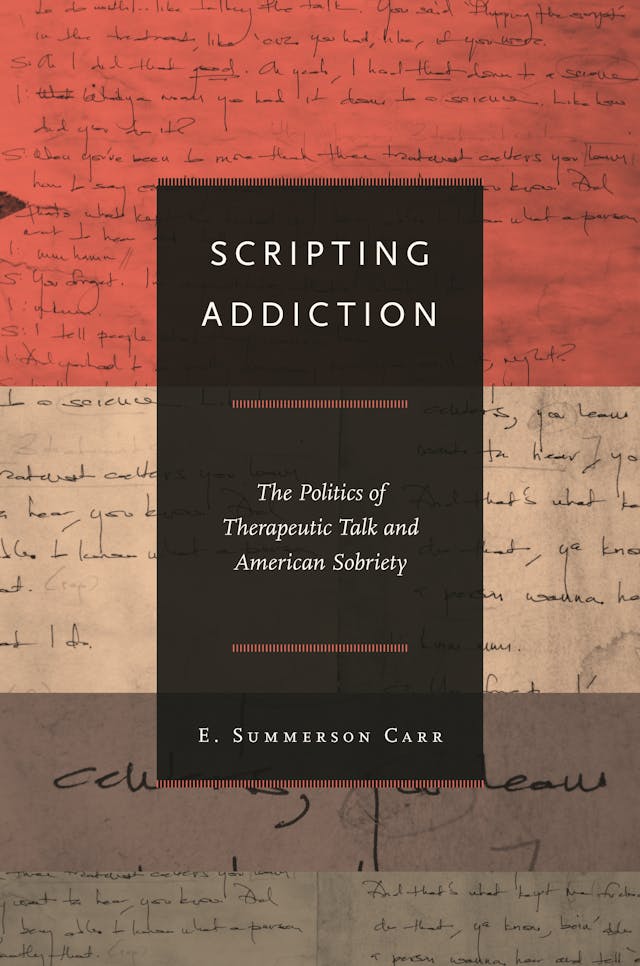ANTH 479 B SPECIAL TOPICS IN MED ANTH:
DISCOURSE AND HEALTH
Spring 2021 UW-Seattle (SLN 10336)
Mondays asynchronous, Wednesdays synchronous 10:30am-12:00pm on Zoom;
quick link to modules
Instructor: Professor Laada Bilaniuk
bilaniuk@uw.edu
“The power of language lies in how it oozes, it permeates, it stains and colors, it flows into the interstices, it saturates the air and the airwaves, it is between, within and without us - perhaps no area of human experience remains unmediated by language.”—Keith Aoki
“If we can name it, perhaps we can manage it.” –Scott Berinato
Artwork by Robert Matthew Goldstein (2017)
This class focuses on the many different ways that language and health intersect, such as:
-the ideologies encoded in the ways people talk about health
-cross-cultural differences in naming illnesses
-the dynamics of doctor-patient encounters, from the micro-politics of interaction to the broader social politics
-the power of narrative and scripts in constructing health and illness.
We will explore the various dimensions in which discourse and health are intertwined and shape each other, through readings, discussions, and analysis of narratives of illness and health. There will be an ethnographic component to the course, and that is something we will work on figuring out together, how to carry out ethnographic research in regimes of social distancing. Some possibilities include autoethnography, web-mediated interviewing, and online research of social media, news, and websites.
Requirements & grading:
The course is organized into topical modules. To get started, go to the Week 1: Introduction module. (This "Course Basics" page is actually the first item in that module.) There will be a combination of video lectures, readings, discussion boards, quizzes, and research and writing. In Modules you can scroll through from one item to the next using the "Previous" and "Next" buttons at the bottom of each page. (At the bottom of this Course Basics page, there is a "Next" button that will take you to the first "Introduce yourself!" discussion board, and so on.
50% of your grade is based on weekly participation in Canvas discussion boards and occasional online quizzes on the readings (open-book). Each week there will be one or more discussion boards set up to discuss the readings and engage in analysis of narratives or other textual or visual materials. Guidance will be provided to make clear what it takes to get full points for your discussion participation, and this will vary depending on the discussion.
50% of your grade is based on 3 Papers/Presentations that you will write/prepare (15% each). In addition to writing your own papers, you will be assigned to peer review your classmates' papers (5% of grade). The third project will culminate in an online presentation, either a powerpoint that you will record or a multimedia page that you will share. The specifics for the paper topics will be announced. To give you a general idea of possible paper topics: collection and analysis of an illness narrative; collection and analysis of discourse surrounding a medical condition of your choosing; review and presentation of an article that deals with discourse and health (in addition to those already assigned in class).
Readings:
There is one book that we will read in its entirety for the class, Scripting Addiction by Summerson Carr. It is available at the UW bookstore and online through the UW library. Aside from this book, additional readings will be available as pdfs or through online links.
Carr, Summerson E. 2011. Scripting Addiction the Politics of Therapeutic Talk and American Sobriety. Princeton University Press (available as e-book through UW libraries) ISBN: 9780691144504

Course objectives:
-to introduce students to anthropological perspectives on the relationships between language and health
-to help students develop an awareness of the ways that naming, metaphor, narrative, and discourse dynamics matter in relation to health and healing
-to help students develop an awareness of the power dynamics involved in language and status differences in doctor/patient interactions
-to help students develop skills in the collection and analysis of narratives and other discursive material
The details of topical modules will become visible on the Modules Canvas view as they are firmed up and the online content generated. Until then, here is a list of upcoming topics:
--The metaphor of "language as a virus": power and (dis)ability
--Life stories: the creation of coherence and wellness
--Narrative: making sense of illness through stories
--Scripting Addiction: the Politics of Therapeutic Talk and American Sobriety
--Translation and power in medical encounters
